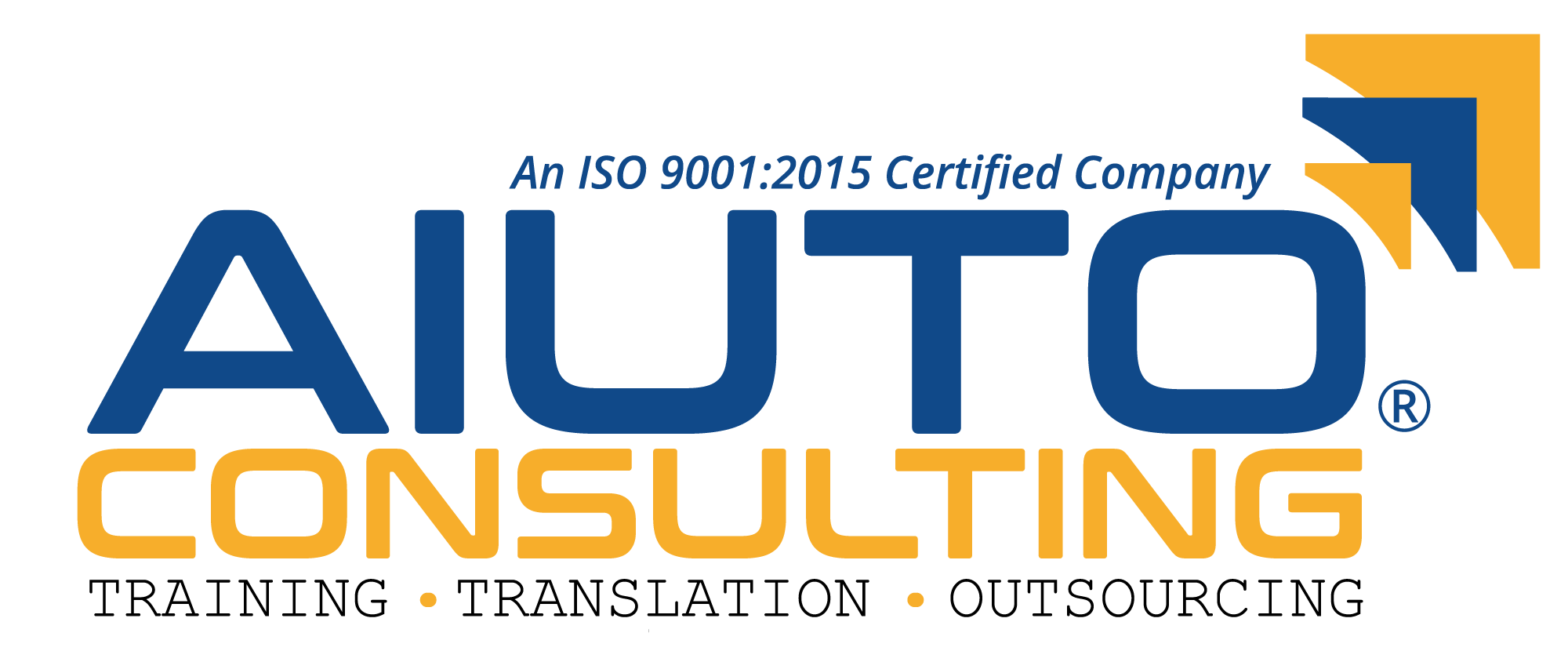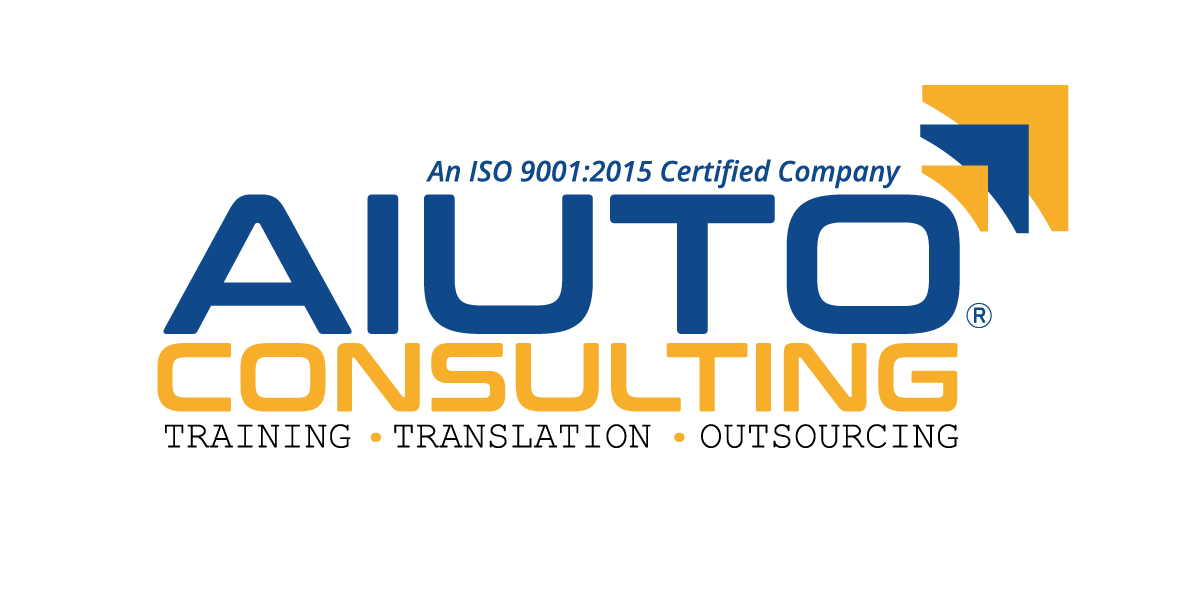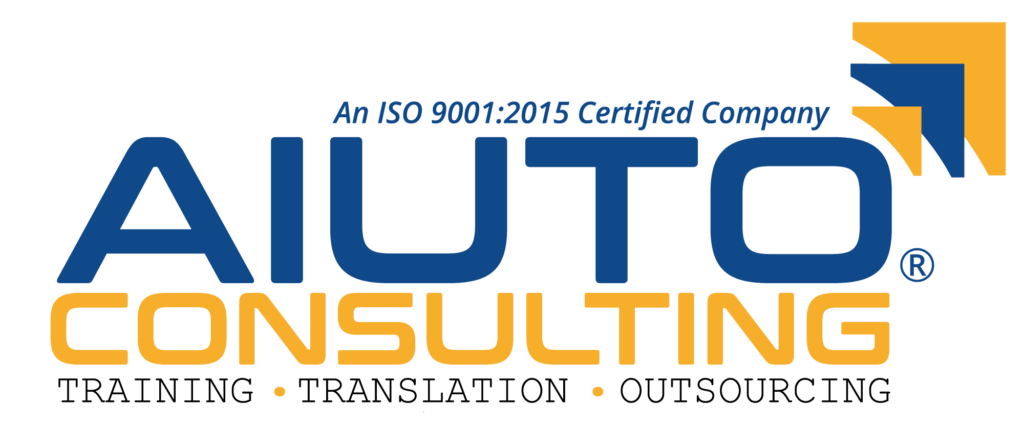
Goethe, telc or testDAF? Which exam should I take?
Are you wondering which exam to take? What the differences are? To make it short: there are no significant differences, as both – Goethe and telc – are recognized testing bodies. Just take the exam that suits you better in terms of testing dates and/or price (telc exams tend to be cheaper than the Goethe ones).
Some background info: telc is an official testing body headquarted in Frankfurt, telc tests 10 languages, the Goethe Institute only German. As far as the German tests go, the testing formats are very similar, albeit not identical. Both are paper-based, with a written and an oral part.
Goethe exams can be taken only at a Goethe Institute, telc exams at testing centres worldwide.
There are different German Language Tests around the world and each one has its own
- Language test of the Goethe-Institute is for general purposes.
- TestDaF is for who want to study in a German university (or Hochschule).
- DSH is a German language test used for admission to German university and Hochschulen, is alternative to the testDaF.
- Telc language tests are alternative and similar to Goethe’s. The telc organization does language test for other languages as well.
1. Goethe-Institute language tests
The language tests of the Goethe-Institute have been summarized below for your reference.
Goethe certificate A1:
It corresponds to the A1 level of the Common European Framework (CEFR).
It is the lowest level and attests an elementary knowledge of the German language. There are two possible language tests, depending on the age of the candidate:
- Goethe certificate A1: Fit in Deutsch 1This is for children and teens of age between 10 and 16 years.
- Goethe certificate A1: Start Deutsch 1is the A1 level for adults.
These two-language tests prove that one is able to:
- be understood simple situations, under the precondition that the interlocutor speaks slow and clear;
- understand and use, in daily situations, sentences and frequent expressions of normal use, for example, information regarding the person and his family, purchases, work and known circle;
- Introduce oneself to another person, ask questions to an interlocutor about him, for example, where do they live? whom do they know? What do they have?
Goethe certificate A2:
The A2 level demonstrates that one is able to communicate in a simple way and short sentences. There are two language tests:
- Goethe certificateA2: Fit in Deutsch 2 for young up to 16 years;
- Goethe certificate A2: Start Deutsch 2for adults.
These two-language tests prove that one is able to
- comprehend and use common and recurring expressions;
- be understood in ordinary situations, exchange information of daily use regarding work and leisure time;
- describe with simple sentences his own origin and education, the surrounding environment in the most common contests.
Goethe certificate B1
The B1 level (Just to understand, lower intermediate) demonstrates a basic knowledge of German and autonomy in daily situations.
Goethe certificate B2
The B2 level (Just to understand Upper Intermediate) attests a good knowledge of German: the B2 is accepted for the admission in different universities in German-speaking countries.
Goethe certificate C1
The C1 level indicates an advanced knowledge of German.
Goethe certificate C2: GDS (Großes Deutsches Sprachdiplom)
The C2 level implies an advanced knowledge of German. It corresponds to the highest level of the Common Reference Framework and allows foreign students to take admission in German universities.
2. testDAF language test
The test Deutsch als Fremdsprache (German as a foreign language It gives the possibility to foreign students to be admitted in Germany’s higher education system (universities and Hochschulen).
To be more precise, the testDAF is for all the students who:
- haven’t done a secondary school in Germany and
- want to study in a German university (or in a Hochschulewhich is something similar) or
- want to continue their study started in a foreign country.
Other categories of people who can attend the testDAF are:
- foreign students that need to demonstrate their proficiency with German in their country;
- students that, within the scope of a student exchange program, at the end of their study program in Germany want to do a language test to prove their achieved proficiency in German Language
The testDAF comprises 4 components:
- written comprehension
- oral comprehension
- text production
- oral communication
3. DSH test
The DSH (Deutschen Sprachprüfung für den Hochschulzugang) is a language test demonstrating enough knowledge of the German language to be admitted to German universities. The test to get the DSH, is organized by the universities themselves or from other schools commissioned to make the test on behalf of universities.
The DSH also access you on 4 parts, like the testDAF, but the final mark is unique, differently from testDAF. The exam comprises a written and an oral test.
The written test is intended to evaluate the following:
- listening comprehension
- written comprehension
- text production
The oral test evaluates the following:
- comprehension of a partner
- ability to express a concept in an independent way
- linguistic and lexical correctness
- pronunciation and intonation
4. telc language test
The company telc GmbH (The European Language Certificates) developed in 1999 a system for the standardization of the evaluation of the knowledge of a foreign language.
telc – language tests examine your language skills using objective, fair evaluation criteria based on the Common European Framework of Reference for Languages (CEFR). Telc access you for not only German but other languages as well. For more information https://www.telc.net/en/candidates/language-examinations.html
Telc test is valid officially in Germany in the following cases:
- Few German universities, not all, accept the certificate for the admission.
If you are looking for preparing these German Language Exams, check at Aiuto, the best award winning foreign language institute in Kolkata.


